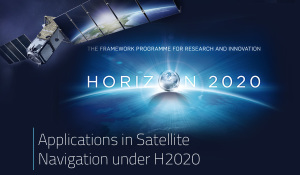
Major vehicle manufacturers are now delivering motor vehicles with connected services for drivers, including real-time traffic and weather reports and accident or road works warnings. More applications are on the way, and the technology systems that support them will enable the increasing number of autonomous vehicles that will soon be cruising down our roads and highways. Read more…



